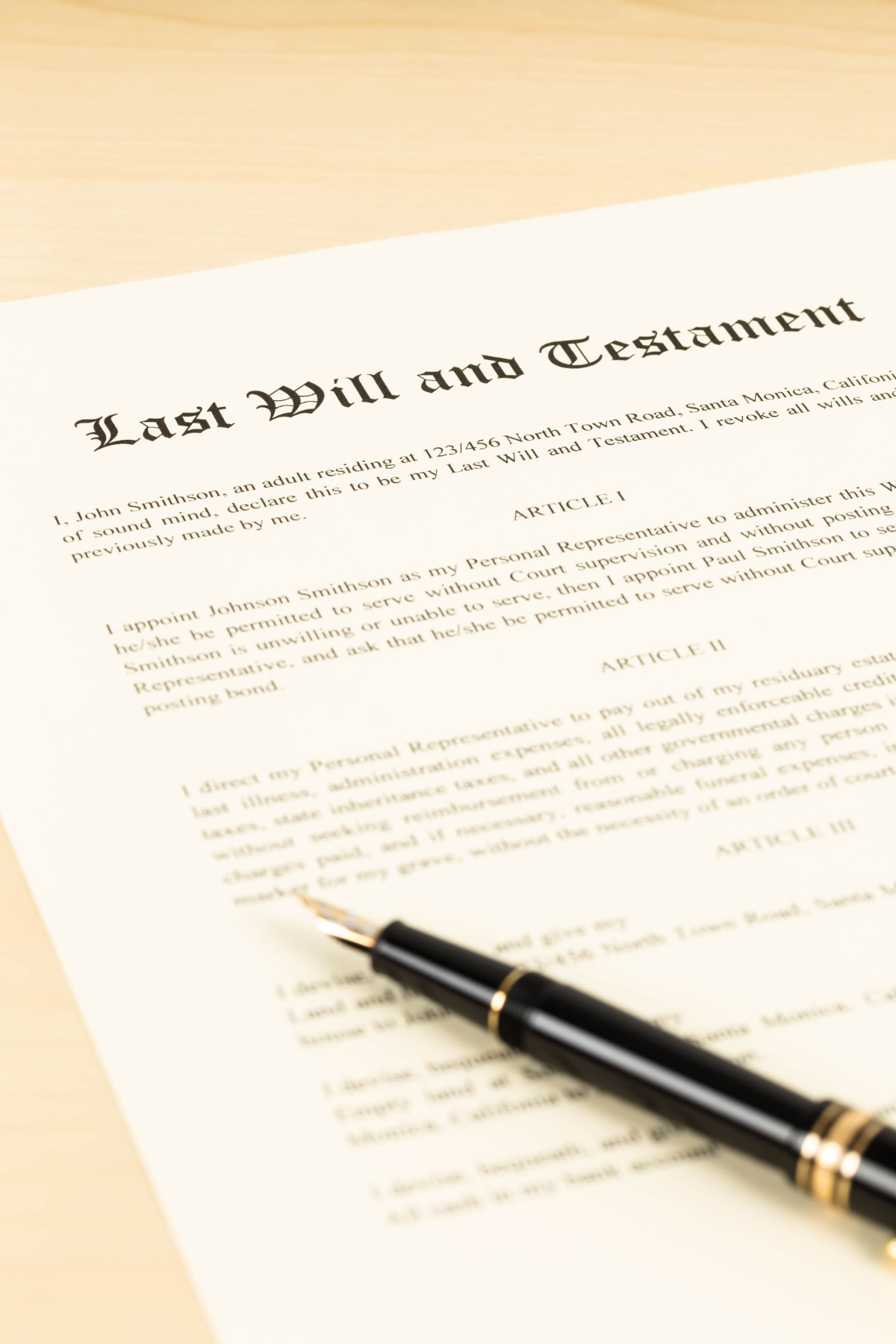
A deceased estate comes into existence when a person dies leaving property or a document which is a will or purports to be a will. Such estate must then be administered and distributed in terms of the deceased’s will or failing a valid will, in terms of the Intestate Succession Act, 81 of 1987. The procedure which must be followed to administer a deceased estate is prescribed by the Administration of Estates Act, 66 of 1965 (as amended).
One must distinguish between those instances where the deceased was resident within the Republic and those where he or she was not resident within the Republic.
Where the deceased was resident in the Republic, the estate must be reported to the Master in whose area of jurisdiction the deceased was resident at the time of his/her death. At present there are Master’s Offices in Pretoria, Cape Town, Pietermaritzburg, Grahamstown, Bisho, Umtata, Bloemfontein, Kimberley, Mmabatho/Mafikeng, Johannesburg, Polokwane, Durban, Port Elizabeth and Thohoyandou.
Where the deceased was not resident in the Republic at the time of his/her death, the estate may be reported to any Master, provided it is reported to only one Master.

The death is to be reported by any person having control or possession of any property or document being or purporting to be a will, of the deceased. The estate is reported by lodging a completed Death Notice with the Master. The Death Notice and other reporting documents may be obtained from any Office of the Master of the High Court or Magistrate’s Office.
The reporting documents will differ slightly depending on the value of the estate and the type of appointment required. If the value of the estate exceeds R125 000, letters of executorship must be issued and the full process prescribed by the Administration of Estates Act must be followed.
A will is a specialized document, which should preferably be drawn up by an expert.
Any person of 16 years and over is free to make a will in order to determine how his/her estate should devolve upon his/her death. If you die without a will, your estate will devolve in terms of the rules of intestate succession.
Guardianship of minor children, if any, might the most important reason to make a Will. It is important to nominate a person who you wish to become the guardian of your children should you and your spouse pass away. It is also advisable that you tell that person of your wishes.
Another important reason to make a Will is that it presents you with an opportunity to acknowledge and provide security for your loved ones and to provide gifts to charities close to your heart, should you wish to do so.